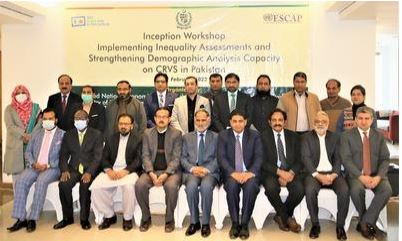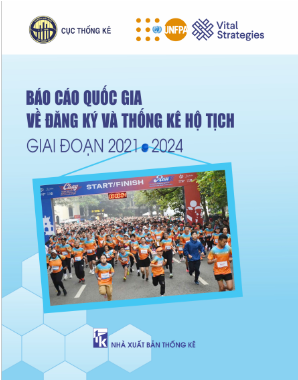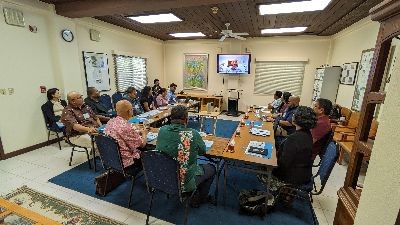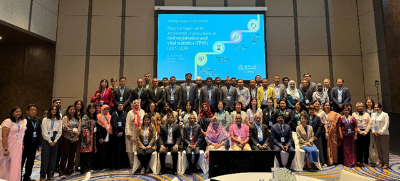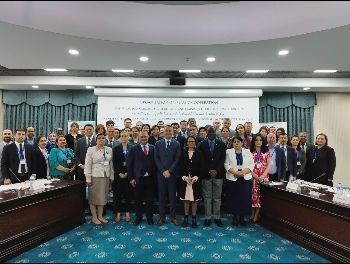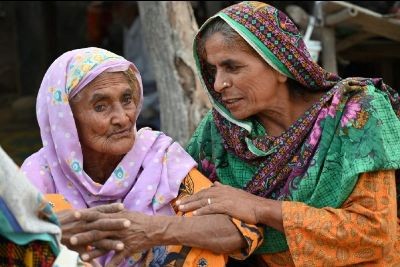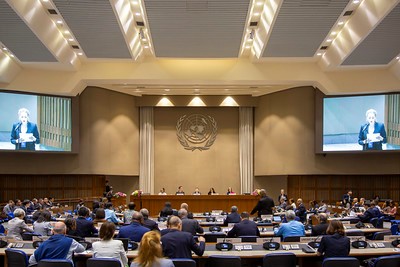(Newsletter: CRVS Insight February (2) 2022)
Organised with the support of the Technical Support Unit for Civil Registration and Vital Statistics (TSU-CRVS), provincial governments convened face-to-face and virtually for the inception workshop to launch the ESCAP project on implementing inequality assessments and strengthening demographic capacity on CRVS in Pakistan.
The inception workshop held on 11 February 2022 in Lahore was attended by almost 50 participants from six administrative divisions of Pakistan, namely, Punjab, Balochistan, Khyber Pakhtunkhwa, Sindh, Azad Jammu &Kashmir, and Gilgit-Baltistan. Representatives from UN entities, such as WHO, UNICEF, and UNFPA also joined the discussions during the workshop.
The participatory workshop introduced the project and engaged relevant stakeholders to discuss the approaches and data needs for conducting inequality assessments, as well as any associated challenges to collaboratively develop a plan for the way forward.
As a next step, the TSU-CRVS will work closely with a national consultant and key stakeholders to map and evaluate available secondary data sources that can be used to assess the extent to which population subgroups experience lower civil registration completeness rates.
ESCAP’s inequality assessment project seeks to provide technical support and capacity strengthening to the national statistical office and other relevant national stakeholders to facilitate the implementation of inequality assessments of CRVS systems using secondary data sources. This will involve building capacity for demographic analysis to undertake inequality assessments in the future, as well as dialogue with policy-makers to ensure the results are used for policy formulation.
In addition to Pakistan, the project is also being rolled out in four other countries: Bangladesh, Fiji, Lao PDR and Samoa. For more information, please visit Inequality Assessments projects page of ESCAP.


